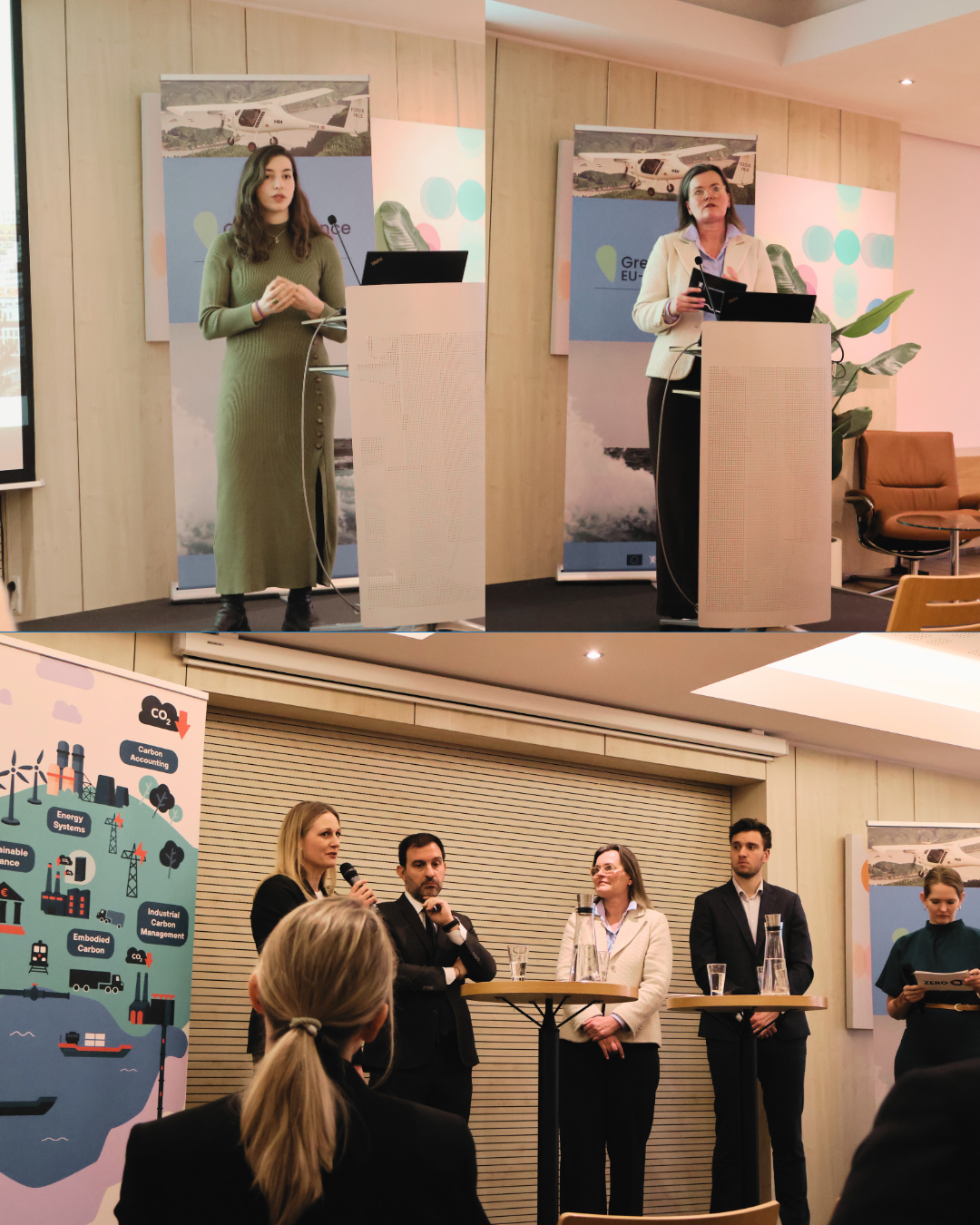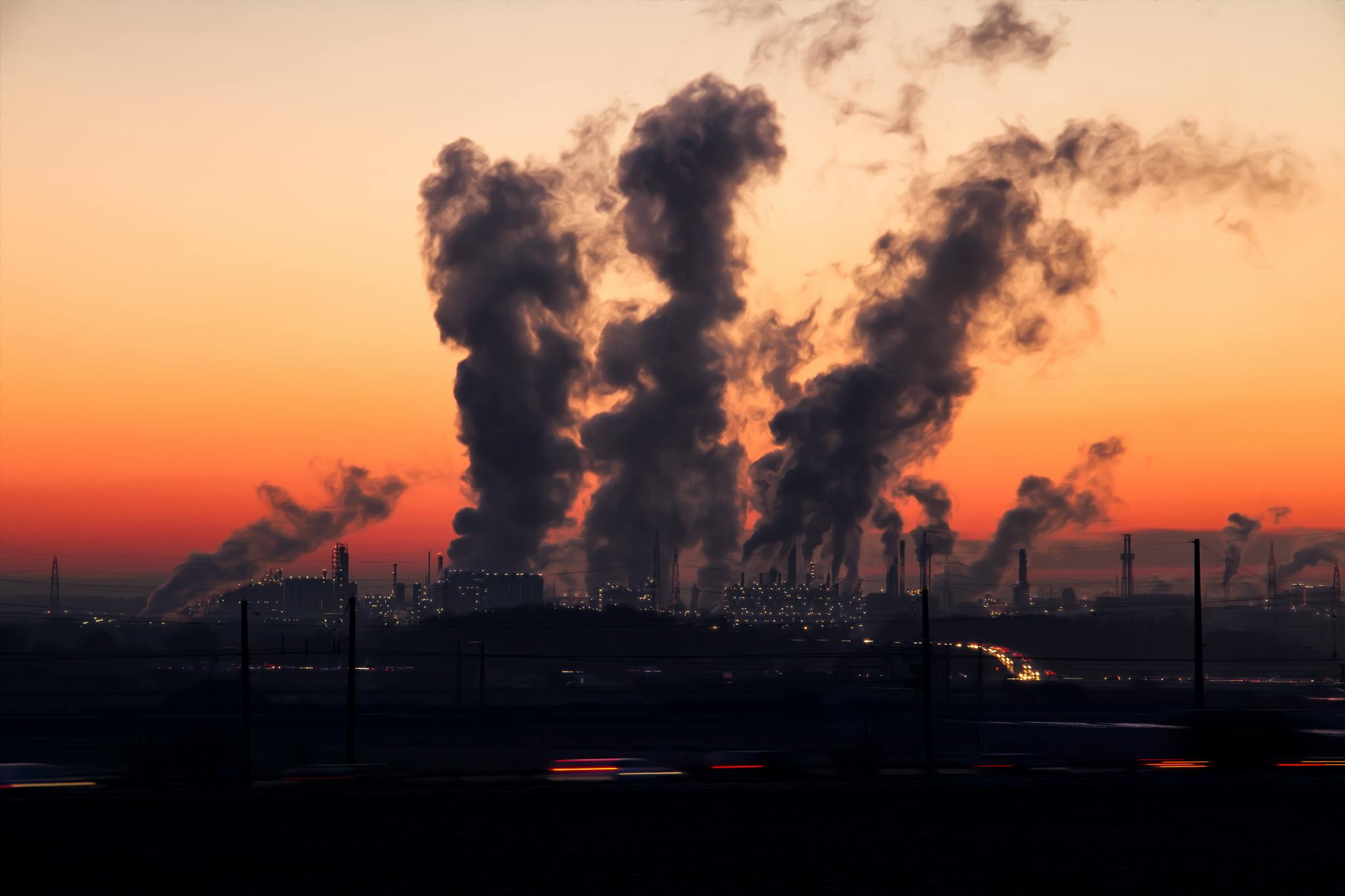
Joint letter – ICC reform and expansion risks diverting ETS Revenues from real climate action
In light of the European Commission’s ongoing considerations to amend the ETS State Aid Guidelines, revising the rules for Indirec...
News

Publish date: January 24, 2008
News
Germany’s MV Shouwenbank freighter put in to port Wednesday morning at six, carrying twice the amount of waste that was initially expected to arrive, activists from Bellona and Ecodefence say.
The load of uranium tails – which Russian legislation classifies as waste, but which the nuclear industry classifies as raw material for reprocessing – has been followed by protestors at both land and sea.
Offloading of the waste has so far been postponed for reasons that were not explained, though protestors report the delay is likely linked to their presence.
Bellona will continue to monitor the load as it passes through St. Petersburg by road to the Izotop facility in the Leningrad Region, and from there to storage most likely in Novouralsk, in the Ural Mountains, where Urenco’s tails have been shipped since 2003.
In November 2006 activists from Russia and Germany held an hour and a half blockade of Urenco’s Gronau enrichment facility. In October of that same year, activists also blockaded the German embassy in Moscow.
Other protests of the ongoing shipments were held over the summer and early this autumn in the cities of Tomsk, Yekatrinburg and Irkutsk.
Russia activists also turned to German prosecutors in November with the demand that Urenco stop its illegal shipments. The investigation is still ongoing.

In light of the European Commission’s ongoing considerations to amend the ETS State Aid Guidelines, revising the rules for Indirec...

On 24 February 2025, Bellona Europa co-hosted a breakfast seminar at Norway House in Brussels alongside ZERO and the Mission of Norway to the EU, bringing together policymakers, manufacturers, and procurement practitioners around a single conviction: European cities hold a decisive and largely untapped lever for decarbonising construction. With the revision of the EU Public Procurement Directives on the horizon, the moment to use it is now.

Opening remarks and future of EU CRCF Market Christian Holzleitner, Head of Unit for Land Economy and Carbon Removals&nb...

Together with six NGOs and five industry partners, Bellona Europa signed a joint letter on the RFNBO Delegated Act, reiterating that now is not the t...

“The Commission shall monitor the situation at Union level with a view to monitoring the impact of the CBAM on the Union i...
Get our latest news